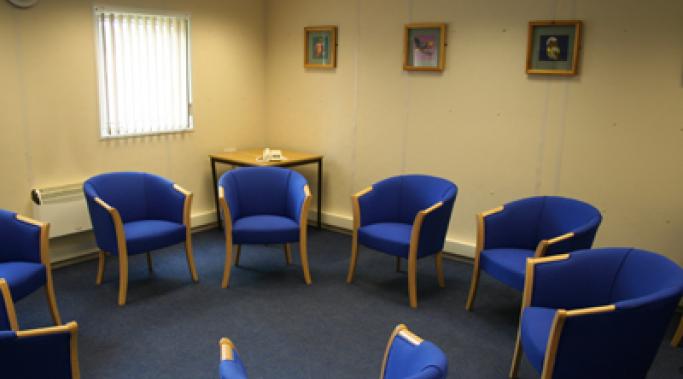Family-Based Maudsley Therapy Is Not a Do-It-Yourself Approach
There is a mistaken idea out there that Maudsley treatment for eating disorders is something parents can just decide to do without professional support. While I know families who do take on the re-feeding (weight restoration) responsibilities, I think it is important to keep in mind that this is only one part of the approach, and why it works well for so many families.
therapy - Eating Disorder Recovery
Good Question...Complicated Answer
As a big fan of evidence-based treatment of illness, the first question I get is "what does that MEAN?"
A lot of people seem to think that "re-feeding" is just for treatment of anorexia. I'd like to argue for a different way of looking at weight restoration and nutrition for all eating disorders.
At first your child's new habits seem normal, even admirable: a diet to shape up or new health-conscious habits. Then it seems to be getting extreme: refusing to eat what the family is having, and questioning every ingredient. One day, you realize this isn't a phase, this is an eating disorder, and the eating disorder can get very ugly, very fast. As a parent, it's important to support your child and not to demean them for their mental illness. It's important to separate your child from the eating disorder.
It is not hard to find someone willing to treat an eating disorder patient. Most therapists, social workers, doctors, and dietitians, with no particular specialty in the topic, will accept patients with anorexia, bulimia and other eating disorders. I've heard of a chiropractor, a massage therapist, and an astrologist taking charge of this life-threatening illness as well.
As parents and loved ones, I think it is really important that we do everything we can to make sure patients get care from clinicians who specialize in eating disorders. Further, it is our job to make sure these specialists are using evidence-based treatment methods.
We have drugs for everything now, right? Too hot, too weak, too sad, too hyper - there's a pill. Not enough hormones, low insulin, can't breathe - the doctor has a script for you. But what about anorexia? Bulimia? Binge Eating Disorder?
We've all heard of patients and parents of patients "Googling" an illness or treatment and arriving to appointments with print-outs and pointed questions. The problem is new, but not unexpected. New technologies and access often make people nervous. There was a time when women weren't allowed to read novels and locomotive trains were believed to cause internal damage because they traveled so fast. To be fair, the public is known to over-reach on new ideas as well: the Atkins Diet and pet rocks come to mind.
One of the strangest, and most dangerous, symptoms of an eating disorder is "not wanting to recover." Parents panic or get understandably angry when their child denies being ill, hides the eating disorder behaviors, and lashes out at anyone trying to help. We see a horrible illness that is sapping the life and personality from a beloved child - yet they seem to embrace it. What can parents do when a son or daughter says "I'm not ill and I don't want to get better?"
Parents struggle with their child's wanting vs needing to exercise during eating disorder treatment. We wonder if exercise is healthy or not, and how much exercise is okay (Eating Disorders: Compulsive Exercise In Teens). Here's what I've learned to listen for: "want" vs. "need."
I notice and feel concerned about the different ways the term "Family Therapy" is used; especially when it is applied to eating disorders treatment (treatment of anorexia and bulimia). As far as I can see, there are three different - and incompatible - ways people use it.








